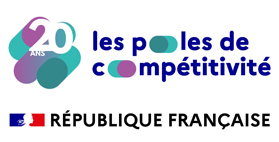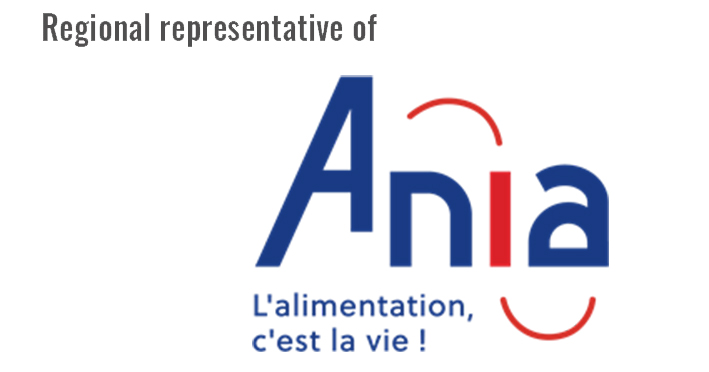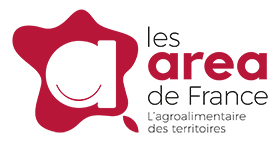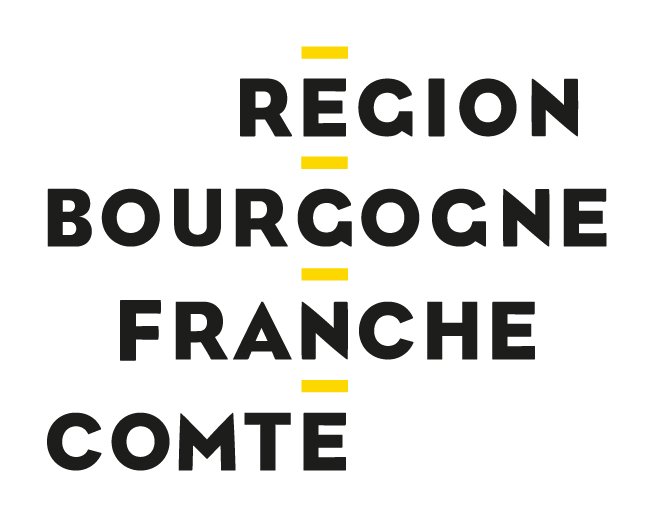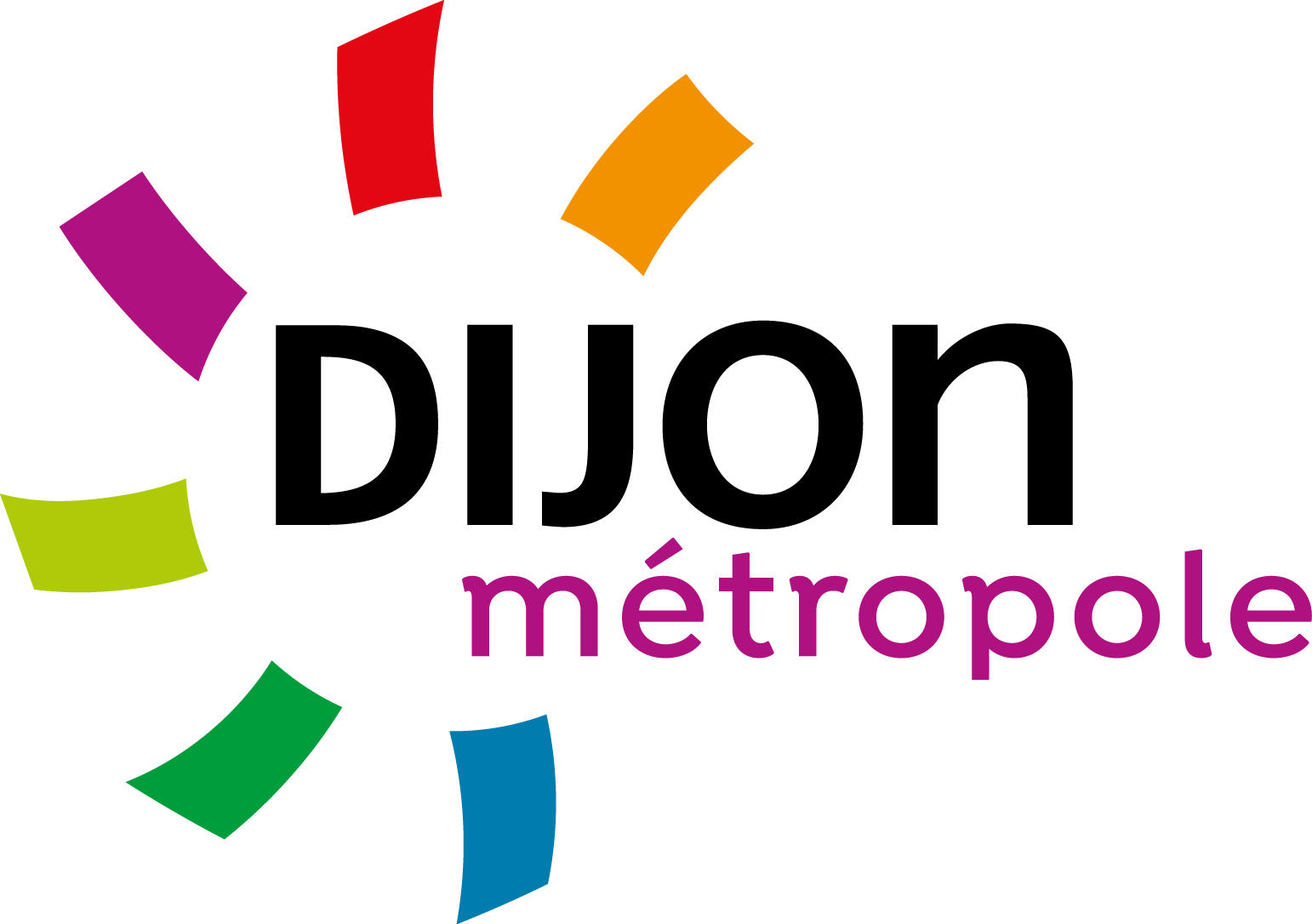25 August 2022
Latest news from Vitagora's accredited innovation projects - August 2022
EDULIA - Promoting healthy eating in children: the results of two doctoral theses at INRAE Burgundy-Franche-Comté
 Diet is en important vector of health, starting at a young age. However, 94.9% of food products targeting children do not meet WHO criteria (source: CEDE).
Diet is en important vector of health, starting at a young age. However, 94.9% of food products targeting children do not meet WHO criteria (source: CEDE).
In order to combat childhood obesity, what can be put in place to allow children (and their parents) to adopt healthy dietary practices? What parental factors are linked to changing dietary behaviour in children? How can awareness be raised amont parents of the best practices for ensuring their children have a healthy diet?
The EDULIA project, funded by the European commission for 4 years and in which Vitagora was a partner, came to an end in July 2022. It aimed to address the urgent need for Europea societies to find new ways of combatting the growing problem of obesity, by promoting healthy eating practices from childhood. For the project two doctoral students at INRAE Burgundy-Franche-Comté, Kaat Philippe and Sofia De Rosso, carried out research to better understand healthy eating in childhood.
Partental practices for food and the differences between mothers and fathers
How are the varied practices and eating styles of mothers and fathers linked to dietary behaviour and the eating regulation in children? Are there differences between the sexes regarding the involvement of parents in the tasks related to feeding their children?
PHD student Kaat Philippe, at the Centre for Sciences of Taste and Feeding in Dijon (CSGA), analysed the parenting practices regarding food of parents and their influence on the diet and behaviour of children in France and in Denmark. In her thesis “Maternal and paternal feeding practices : links with young children’s eating behaviours and influencing factors : a systemic approach”, she focused in particular on the involvement of fathers in their children's diet, as well as on diet within the confines of the Covid pandemic. Few studies have so far integrated the role of fathers in children's eating.
According to her research, fathers used a higher level of coercive control (for example, pressuring the child to eat, using food as a reward, regulating food emotions with food), while mothers used higher levels of practices supporting structure and independance (for example, modelling healthy eating). You can find out more in this article: https://edulia.eu/new-paper-parental-feeding-practices-and-parental-involvement-in-child-feeding-in-denmark-gender-differences-and-predictors/
These results highlight the importance of taking the specific role of each parent into account, as well ad the convergences and divergences in their practices regarding food.
In addition, a joint study of households in France and in Denmark, carried out by Andreia Moura, another doctoral student in the Edulia program and guest researcher at INRAE Burgundy-Franche-Comté, highlighted the impact of parenting on children's behaviours, in particular regarding food. The research indicates that when parents had previously a diet of high nutritional quality, having children generally leads to eating "less well". In contrast, individuals with less healthy diet tend to improve their practices on becoming parents, before the need to ensure a better diet for their children. "There is a sort of evening out of parenting practices regarding food on the arrival of children, although all do not do so on the same level, "summarises Sophie Nicklaus, research director at CSGA in Dijon.
Communication: how to respond to parental expectations for information on best dietary practices for their children?
Parents play an important role in the development of dietary habits. Given the importance of informing and guiding parents in this area, Sofia De Rosso studied the power of public health communication within a doctoral thesis for Edulia under the direction of Sophie Nicklaus.
What support can be offered to public health organisations regarding new dietary recommendations for children? In collaboration with Santé publique France, Sofia De Rosso worked on dietary recommendations for children aged 0 to 3 years. In her thesis “Formation of healthy eating habits in children aged 0-3 years : supporting the development of public health guidelines dissemination material and its evaluation with parents and healthcare professionals”, two aspected were studied. First, the perception of pediatricians on information needs, and secondly the perception of parents of their information needs. It was observed that pediatricians underestimate the information needs of parents, while the latter want more practical advice: recipes, menus, how to cover the nutritional needs of their child.
While nutritional recommendations for children aged 0 to 3 years have been around for a long time, the associated guidance is rarely practical or educational. In the thesis of Sofia De Rosso, the focus was on this need for information, and has thus contributed to the production of a brochure in French entitled "Step by step, your baby eats like a big kid. A guide on weaning", to promote the recommendations of Santé publique France to the general public. Distributed from July 2021, a massive information campaign was put in place with health professionals: more than 500,000 copies were distributed, with practical tools and pedagogical contents, including tutorials on Youtube (4.5 milion views).
Following the production of the brochure, Sofia De Rosso carried out a study to evaluate the impact of the brochure in terms of transmitting to parents the basics of a healthy diet for their children. "This brochure has significantly contributed to raising awareness among parents of their children's diet. Also, it has allowed parents to be more confident in their knowledge, providing a pathway to becoming aware of their power to impact the diet of their children," concludes Sophie Nicklaus. Finally, Sophie Nicklaus and her colleagues are carrying out a randomised control trial to evaluate the effects of the contents of the brochure on the food practices of parents, on the diet of their child, and on the child's weight at 3 years old. The results of the study will serve to validate the impact of the public health guidance.
Want to go further?
You can also read:
- The impact of becoming a parent on food behaviours: the results of the EDULIA project
- New paper: Parental feeding practices and parental involvement in child feeding in Denmark: gender differences and predictors (edulia.eu)
- Brochure can be downloaded (in French) mangerbouger.fr
Contact us
Cindy Tran, communications coordinator, cindy.tran@vitagora.com




 Home
Home

